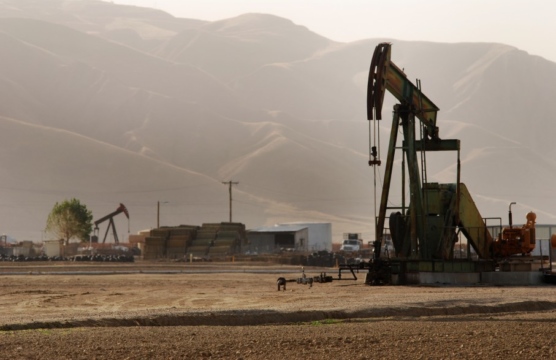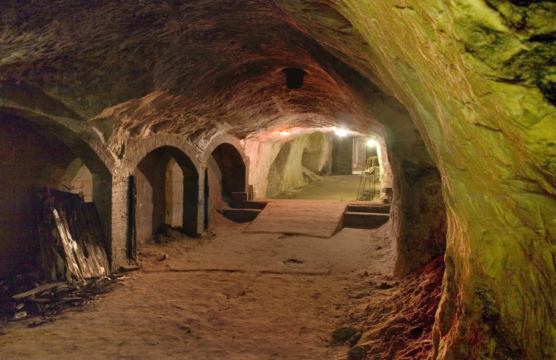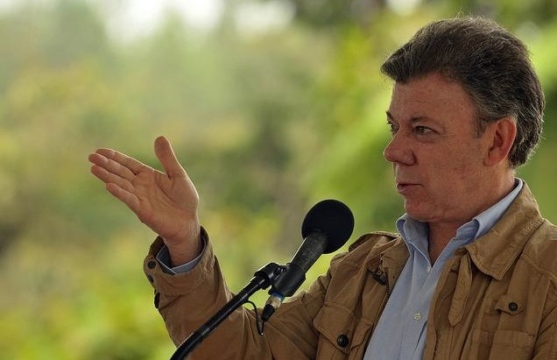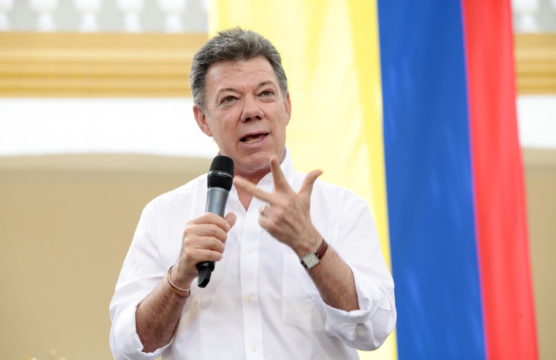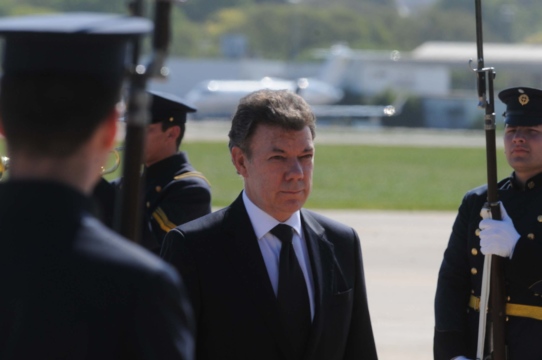
Colombia’s Last Chance for Peace
Will the government’s new agreement to deescalate bring renewed faith — or just more skepticism?
Will the government’s new agreement to deescalate bring renewed faith — or just more skepticism?
Joaquín Villalobos provided an outlook on the hemisphere’s ongoing conflicts and challenges.
Conflicts over energy and natural resources are leading to social turmoil and posing serious challenges for investment projects all over Latin America. To better manage such conflicts, Latin American governments must step up their involvement in the consultation process and communicate more effectively with local communities about potential social, environmental and economic impacts, according to a new report by the Inter-American Dialogue.
What is the state of democratic governance and the rule of law in Colombia? Colombian Minister Yesid Reyes discusses.
Uribe, a key figure in Colombian politics, continues to influence people’s perceptions on the peace process.
In 2015, Colombia enters a critical phase in the effort undertaken by President Santos to end the country’s longstanding armed conflict.
This report offers an extensive review of the English, Chinese, Spanish, and Portuguese literature on Chinese overseas energy sector engagement, highlighting a sub-set of issues especially relevant to policymakers. These include China’s effect on global commodity markets, the country’s outbound investment policies, and the extent to which China has a centralized strategy for overseas energy resource acquisition. The report concludes with timely suggestions for further research on Chinese energy engagement in the Americas.
Colombia’s growth rate was revised upward by the IMF to 4.8 percent while the region-wide growth estimate was revised downward.
With no time to lose, Colombia’s newly appointed Director of National Planning has gotten to work on an ambitious agenda.
Think-tank Inter-American Dialogue recently held a closed-door event which brought together Colombia’s new mines and energy minister, Tomás González, with CEOs, industry association heads and regulators.
In the first of a two-part series, Inter-American Dialogue’s energy, climate change and extractive industries program director Lisa Viscidi talks to BNamericas about how the Colombian government is looking to increase oil reserves and maintain competitiveness as Mexico opens its hydrocarbons market.
Colombia has to remain competitive with other major producers such as Mexico to attract needed investment in extractive industries.
Santos enters his second term hoping to finalize negotiations with the FARC and ELN to end the country’s 50 year-long conflict.
In the year-long period from November 2013 to November 2014, presidential elections will occur in nine Latin American countries.
After winning a second term, the hard work now begins for President Juan Manuel Santos.
What are the challenges and best policies for managing Colombia’s oil and mining revenues?
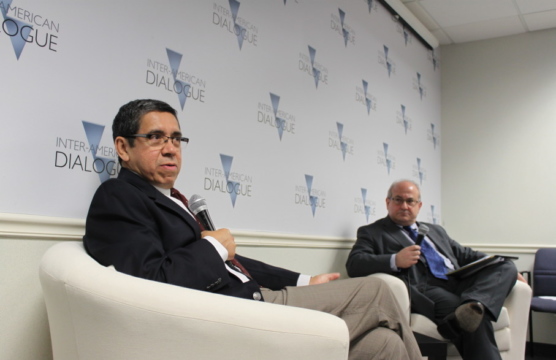 Video
Video
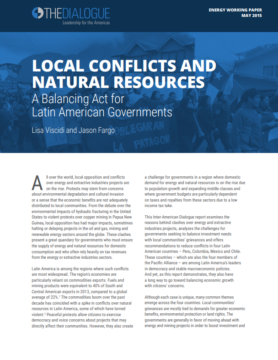
 Video
Video
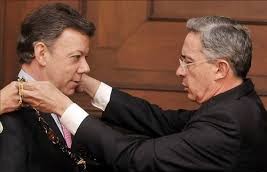
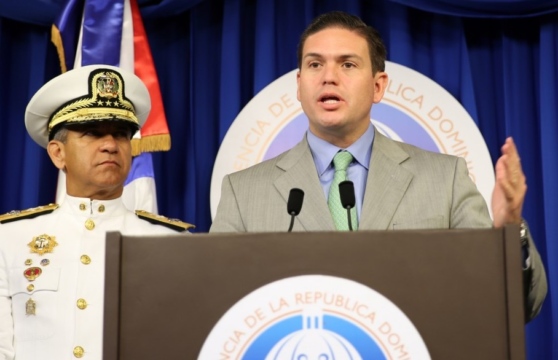
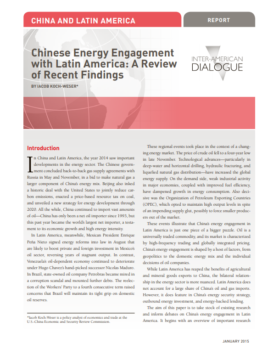
 Video
Video
 Video
Video
